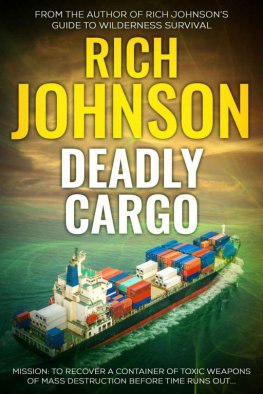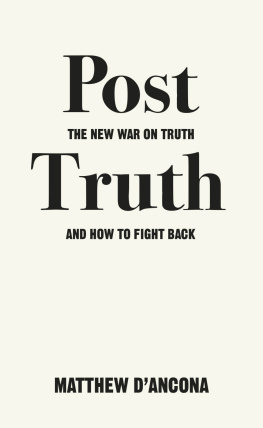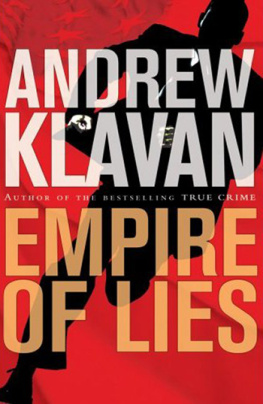October 1571
A cloud of dust lifted suddenly off the Saharan floor, stirred by the spin of a small whirlwind that seemed to come out of nowhere. Nothing else moved. Every creature that lived in this desert had long since heeded powerful survival instincts, taking shelter from blistering sun, hiding under rocks, down holes in the soil or in whatever shade it could find. Heat waves shimmered, creating a wavy distortion above the sun-tortured earth.
Far away beyond the edge of the land, the cool blue of the Atlantic offered visual relief. Or it would have if anyone had been there to see it. But on this day, in late summer of the year 1571, there was no one on this unsettled coast of northwest Africa to feel the stifling heat or hear the wind or see dust rise in a whirling shaft.
A thousand miles south, in the Gulf of Guinea, monsoon rains fell as if the belly of the clouds had been slit. A torrent poured from the sky, washing the coastal jungle, filling rivers to flood stage and beyond. Humid air hung like a wet sheet of gauze, waiting for the afternoons rising convection currents to carry the moisture aloft. Eighteen thousand feet up, the tropical jet stream steered the moist air of Guinea to the north, where it collided with the hot Saharan air mass, and a meteorological bomb started to tick. Hot updrafts and cold downdrafts began a cyclonic dance, whirling to the screaming music of an ever-increasing symphony of violent wind.
Every year, during the heat of late summer, this was where some of the worlds most serious weather was born. It began as a tropical wave in the atmosphere, evolved into a tropical depression, then to a storm then, if all the conditions were just right, it became a hurricane. This time, all the conditions were in balance. Seventeen days later, a powerful hurricane carved its way across the north Atlantic, ripping trees off the Windward Islands of the Caribbean, slashing the southern edge of Cuba, and slamming into the east coast of Guatemala. It was an era before government weather agencies existed and attached names to storms, but in legends created by early explorers, this storm was known by the name of O Gigante.
For the ancient mariners, there was little warning of O Gigantes coming. In native villages along the Rio Dulce, though, it was different. Tribal elders who could read the signs of the sky and understood the queer behaviours of birds, insects and forest animals, quietly gathered their clans and moved inland to higher ground away from the river and its tributaries. But they did not say a word to the white men from the large ships. Those men had come peacefully enough, a full cycle of the seasons before, but were now wearing out their welcome. They took unwanted liberties with the women of the villages and took unfair advantage of the natives generosity. They hunted game that was needed for food for the villagers, killing too many animals and driving away those that werent killed. The white men were vulgar, dirty and loud. They had no reverence for the land or regard for the people. It was clear that these men did not want to learn the native ways; they wanted only to learn about the gold that came from the high mountains far inland.
Guillermo Ascente, the Portuguese captain of the brigantine Tesoro do Rei, awoke to find the bay gently rolling and the breeze fresh. Broken clouds specked the eastern sky. The ships launch had just come alongside and the coxswain brought a strange report that the river villages were empty of people. A puzzled expression spread across Ascentes face, and in his momentary confusion he reverted to his native tongue. A onde forem? he asked, then realising that his men didnt understand, he translated for his rough British crewman Where have they gone?
The coxswain shook his head slowly and held out open hands below shrugged shoulders. This needed no translation.
Ascente turned and looked over the rail toward the distant jungle. We have been here long enough perhaps too long. We have what we came for, he said slowly. There is nothing more for us here. Prepare the crew to get underway. We will take what we have and go home.
In the cargo hold of the massive wooden brigantine there was gold enough to satisfy the profiteers who financed this voyage of plunder. Guillermo was smooth of tongue, as well when promoting his business in the streets, shops and banks of Europe as when meeting with native elders. He knew when to bow and when to stand tall, when to avert his eyes and when to bore through the gaze of his opponent. He understood when to play the humble role and when to wield the sword to get what he wanted. He was good at this game some said he was the best there ever was.
The call went out across the decks, and men scrambled. No one wanted to stay here any longer than it took to ensure their share of a fine take. There was plenty of treasure in the hold and to a man they were satisfied with the loot and ready to make sail toward home, especially now that the villages were strangely empty and there was no more entertainment for them ashore. Under the best conditions, the voyage back to Europe would take months, so Guillermo Ascente made the decision today was as good a time as any to get started.
Three days later, in the wide waters of the Caribbean Sea, O Gigante bore down on the Tesoro do Rei. A month after the storm passed and the villagers had returned to the Rio Dulce, the ships name-board drifted onto the beach near the mouth of the river. The elders convened a conference and all agreed that their God had heard their prayers.
September 2007 Northern Afghanistan
A fiery late September wind picked up brittle grains of sand and shot them across the lifeless desert floor like so many shards of glass. Two human forms, one wearing desert camouflage and the other an ankle-length black robe, pushed slowly through the blowing sand towards a large military-style tent. The womans head was covered by a large black shawl. In a storm like this, it was nearly impossible to breathe without inhaling tiny fragments of sand dust. If viewed through a microscope, these seemingly harmless bits of soil would show razor edges. Instant blindness and the agonising pain of eyes lacerated by tiny silica knives awaited anyone unlucky enough to be caught without eye protection. The man wore desert combat goggles and held a cloth across his mouth. The sandstorm was natures relentless weapon in this war.
Howling wind thrummed the taut fabric of the camouflage-coloured tent, cancelling any hope of hearing someone approach. The first indication that anyone approached was when the tent wall parted and an old woman stepped inside the 12x20-foot enclosure. Her shawl was wrapped tightly around her covered head and face, and her shapeless black dress hung to her shoe tops. She turned her back on the two men who sat at the table, just long enough to re-tie the tent flap that served as a door. Then she slowly turned around to face them, and removed the shawl from her face.
You have him? Husam al Din asked.
She nodded, He is outside.
Are you sure about him?
I am sure, she answered, keeping her eyes low. Love and hate are only a heartbeat apart, and when the one turns to the other, the heart is ready to find a new reason to live.
And his reason now?
It is beyond hate: it is revenge. I am sure about matters of the heart, she said, and his heart is ready.
Husam al Din stood. You have done your part, old woman. May you now die in peace.
That is my prayer, she said, backing away from the young mans path as he strode toward the tent flap.
Show him in, al Din commanded. Then go.
The old woman wrapped the long shawl around her face once again, untied the tent flap and went out. A hand reached through the opening, then an arm covered by US military desert camouflage clothing. Josh Adams stepped inside and removed his goggles.













